On the first anniversary of-NEP-2020, it’s time to introspect the progress in the aspired paradigm changes in the education system of India.
It is time for the country to celebrate the first anniversary since the National Education Policy 2020 (NEP) was announced on 29th July 2020. Chronologically, the years 1968, 1986, and 2020 possess the markers in the form of education policies that have been guiding the mammoth education system of the second most populous nation of the world.
Unequivocally, NEP 2020 is a well-drafted, ambitious, and futuristic document full of promises in line with Sustainable Development Goal No. 4 that calls for Quality Education – Ensure inclusive and equitable quality education and promote life-long learning opportunities for all by 2030. NEP 2020, being the first education policy in the 21st century, exhibits an explicit policy level commitment to developing good human beings capable of rational thought and action, possessing compassion and empathy, courage and resilience, scientific temper and creative imagination, with sound ethical moorings and values.
NEP 2020 is a well drafted, ambitious, and futuristic document full of promises that calls for ensuring inclusive and equitable quality education and promote life-long learning opportunities to all by 2030.
Also Read: National Education Policy 2020: Issues and Implications
This is an opportune time to look back at the proclaimed phase-wise implementation of NEP 2020 with effect from August 2020. Undoubtedly, the COVID-19 pandemic has disrupted the functionality of the education system and spoiled the rhythm of educational processes completely since March 2020. But the setting up of the requisite framework for operationalising NEP across the country could have continued undeterred. Without going into the merit of the worthiness of the new bodies detailed under NEP 2020, their procrastinated establishment seeds the perception about the continuance of the existing system for some time in the future. The pace of progress to achieve the envisaged reforms under the new education policy for overcoming the so-called miseries of the existing education system hallucinates the promises. The absence of a crystal clear roadmap for accomplishing the much-hyped milestones of holistic and multidisciplinary education calls for immediate interventions to start replacing the existing education model with the one prescribed in NEP 2020. Targeted attainment of full operation of the transformed education system as per NEP 2020 in the decade of 2030-40 is hardly left with less than a decade now.
With the commencement of a new academic session in offing, the time is ripe for the replacement of the prevailing 10+2 system with the envisioned 5 + 3 + 3 + 4 of school education. The new pedagogical and curricular structure has to start with the foundational level that necessitates early childhood care and education from age of 3 years, but the preparedness is imperceptible. The education policy calls for the holistic development of learners by enhancing essential learning, critical thinking, experiential learning, etc. which needs certain expenditure on creating the enablers for it in Anganwadi centres, school clusters/complexes, National Assessment Centre, etc. Unquestionably, NEP 2020 eyes upon bringing uniformity in the school education in the public and private sector along with mid-day meal scheme extended to pre-school children above the age of 3 years. But the prevailing notion of private schools and convent schools being better than public schools can be broken only by enriching the quality of public school education and keeping its cost within affordable limits of the bourgeoisie class of the country.
Also Read: New Education Policy 2020 – Implementation Challenges in Higher Education
Similarly, the availability of teachers in the requisite number warrants recruitments and their training for upgrading them to meet the expectations of good quality holistic education for all. The amelioration in service management and culture, setting up professional standards, special educators’ inclusion, etc. will consume time & funds, and the strategic planning on top of them all. The huge number of vacancies of educators in the public sector institutions hunch the commitment of the concerned towards the provisioning of ample number of teachers in educational institutions.
Remodelling of higher education governance through “light but tight” regulation by a single regulator requires series of alterations in the current functionaries, but the same is inconspicuous.
NEP 2020 entails major overhaul and reenergizing of the higher education sector starting from the efforts to increase gross enrolment ratio, multidisciplinary education, faculty autonomy, institution autonomy, reorganizing the nature of education institutions, setting up of National Research Foundation for outstanding peer-reviewed research, increasing opportunities for public education, scholarships, online education, infrastructure & learning material for physically challenged, internationalization, etc. The remodelling of higher education governance through “light but tight” regulation by a single regulator inevitably requires series of alterations in the current functionaries, but the same is inconspicuous. This shall require motivated, energized, and capable faculty members as per the student-teacher ratio requirements. Needless to say that every initiative listed herein has financial implications.
Also Read: Calibrate Crappy Education in COVID Aftermath
The education system of India is currently having Government financing and Self-financing models for running the educational institutions, of which Government spending has a mega share. National Statistics Office statistics show that the education for classes 1 to 4 has Government funding of 78% while 22 % of the education is self-financed. For classes 5 to 7, this share becomes 82% for Government funding and 18 % for self-financing. For classes 8 to 12, Government funding is 81% & self-financed is 19 %, diploma/certificate level has Government funding of 63% & 37% self-financed, and the graduate and above level has Government funding of 75% & 25% self-financed.
It is evident that there exists a sizeable proportion of the education system that relies on Government support. The budgetary provision for thriving the public-funded education in the country, thus, becomes relevant. Even though NEP 2020 refers to the agonizing fact that the public expenditure on education has not come close to the recommended level of 6% of the GDP as per policies of 1968 and 1992, the current allocation, too, continues to reel in the range of 3 – 4% of the GDP. This insufficiency of financing of education is disquieting at the time when the country, adorned with demographic dividends, is aspiring for holistic and multidisciplinary education ushered through NEP 2020. It is beyond the shadow of a doubt that the new framework of education will bring positive changes in the education system, but the outcome will depend upon the financing of education and conscientious execution of the policy prescriptions in the premeditated timelines, some of which appear insurmountable.
Also Read: Scrutinizing the appointment of Vice-Chancellors
New framework of education will bring positive changes in the education system, but the outcome will depend upon the financing of education and conscientious execution of the policy prescriptions.
On the commemoration of the first anniversary of NEP 2020, it will be prudent on the part of the regulators to revisit the progress made in the on-ground implementation of provisions of NEP 2020 and reschedule the milestones laid in it, else the disorderliness created through it may disarray the existing education system as well. The predominant disruptions caused by the pandemic and the pragmatic view on the desired transformations ought to be taken into consideration before a realizable road map is relaid.
Disclaimer: The views expressed in this article are of the author solely. TheRise.co.in neither endorses nor is responsible for them.
About the author
Prof. Onkar Singh is the former Vice Chancellor of Veer Madho Singh Bhandari Uttarakhand Technical University, Dehradun, He has been the Founder Vice-Chancellor of the Madan Mohan Malaviya University of Technology, Gorakhpur (U.P.). He is a Professor of Mechanical Engineering at Harcourt Butler Technical University, Kanpur (U.P.).

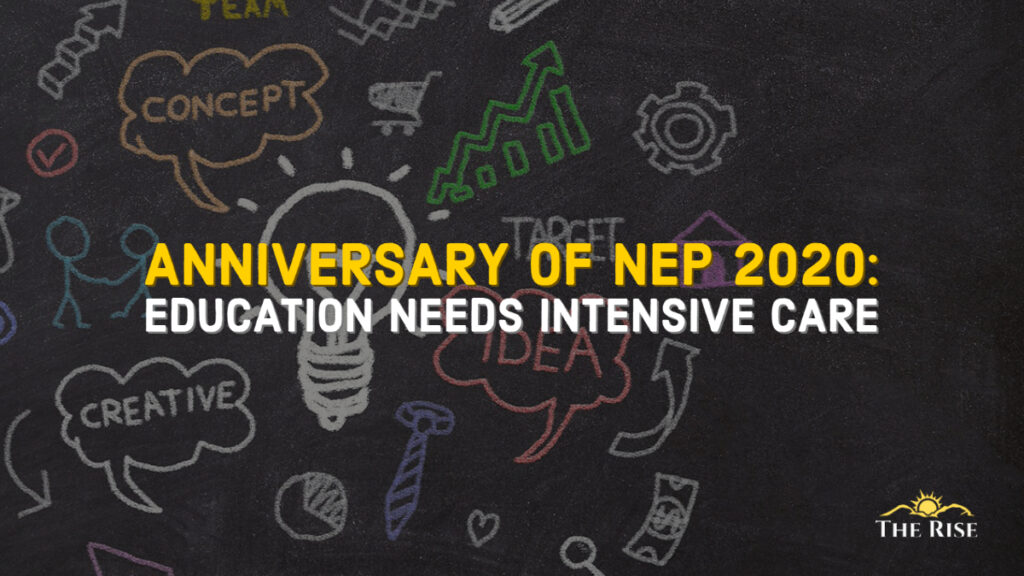





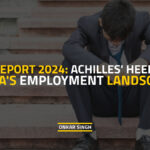










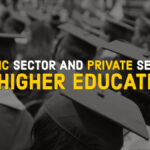

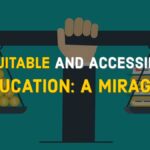












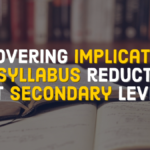
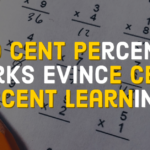
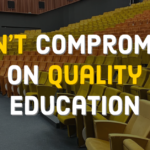

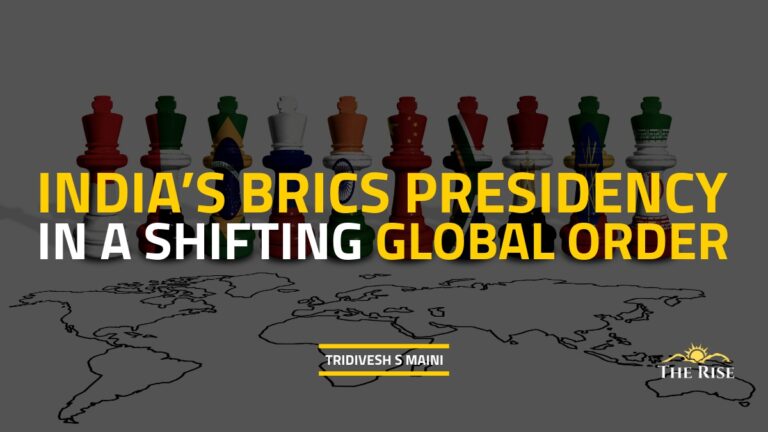

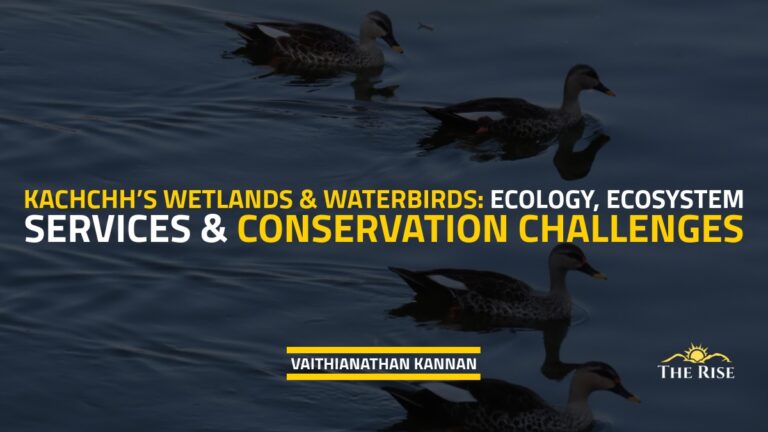

Pingback: Regulations Impede Excellence in Higher Education - TheRise.co.in
Pingback: Self-Financed Private Universities: Implications on Affordability
Pingback: Private Participation in Higher Education - TheRise.co.in
Pingback: Challenges of New Regulatory Framework - TheRise.co.in